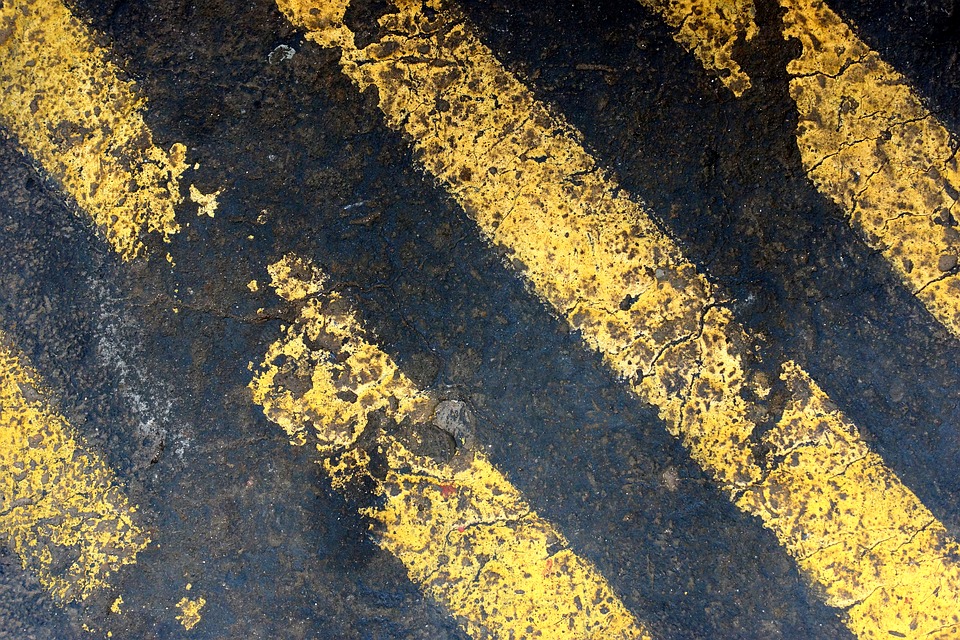
Everything You Need to Know About FP2177 Non-Slip Coatings
Slipping is the second leading cause of on-the-job fatalities. Anti-slip coatings (e.g. in painted warehouse markings) can keep your workplace safe, but they’re more versatile than you might think. They can also keep your manufacturing production line reliable, your food trays spill resistant, and your tiles less prone to breaking. They can even prevent dry agents from sticking together.
Our FP 2177 is among the most versatile of these anti-slip coatings. It was originally developed for pallet liners and board trays, a task it performs exceptionally well. It repels water, resists oil, and prevents slippage at angles of 45 degrees, so it can handle the turbulence of an aircraft. It resists temperatures of up to 230°C, so it can even be used in microwaves and ovens.
How anti-slip coatings work
Anti-slip coatings use polyimides and resins to achieve a textured finish that improves grip by increasing surface friction. Some coatings are applied to substrates in liquid form. As the coating cures it forms an impermeable surface barrier. Additives can be included in the polymer during extrusion to further increase surface friction. Other formulations are applied in dry powdered form and then cured in an oven or infrared drying unit. FP 2177 is a dried coating that gives surfaces an impressive level of water and oil resistance, so it can handle spills without losing its anti-slip properties.
Migrating slip additives are the most common non-slip technology. These rely on insoluble additives to change the texture of a coating, but friction alone isn’t as effective as it could be, which is why FP 2177 relies on molecular force. FP 2177 contains 1% dispersed solids at a viscosity level ideal for achieving a uniform coating weight. Its pH level allows it to coat acidic and alkaline materials without losing stability. It will maintain its consistency even when additives and pigments are added, making it as user-friendly as it is functional.
Anti-slip additives all have their weaknesses. Melting points, mechanical weakness, and simple costs all play a role in the coating you choose. FP 2177 is priced well enough to be used on disposable products. It has a melting point high enough to remain stable in microwaves and ovens. This is why it’s a preferred solution in the food service industry. Unlike some non-slip polymers, FP 2177 can come into direct contact with food without risking the safety of diners.
The coating process
FP 2177 can be applied through an anilox roller in a standard printing press. It must be applied thinly enough to achieve a dry coating weight of 5 - 8gsm. The weight must be managed during pressing to improve its slip resistance. Hot air activates these properties and can be applied using a hot air tunnel or through a peristaltic pump onto the press tray.
Find out more
To find out more about FP 2177 or our other water-based formulations, please call +44 (0) 1706 828 208 today.
Image source: Pixabay



